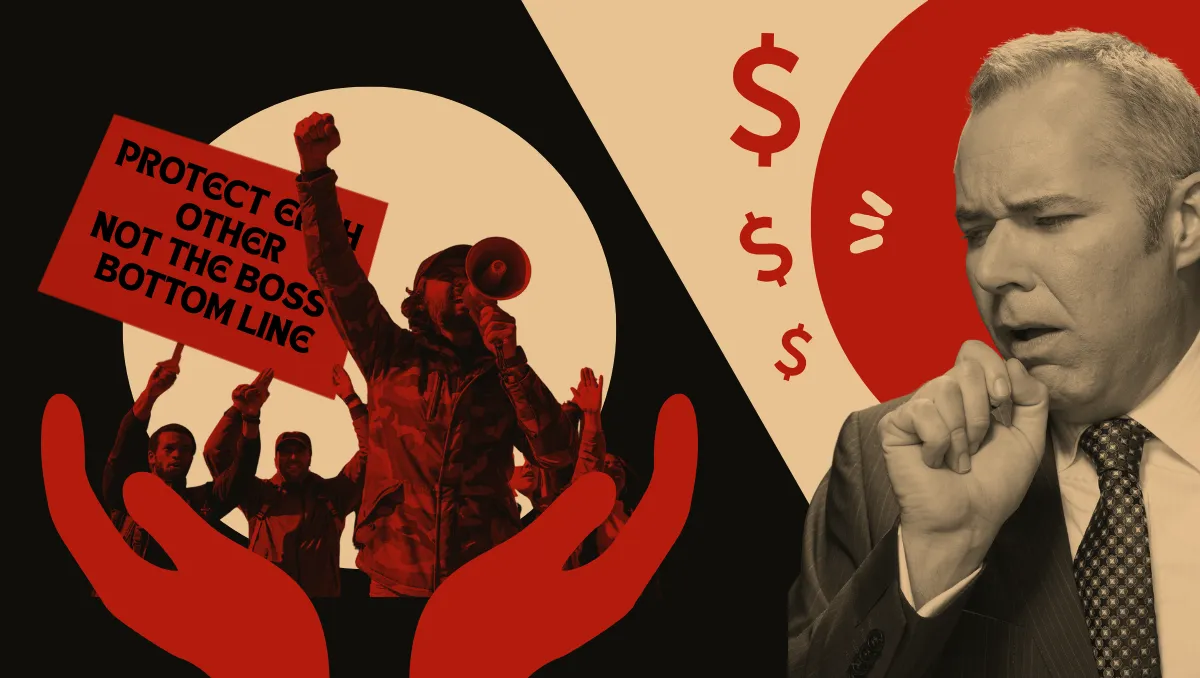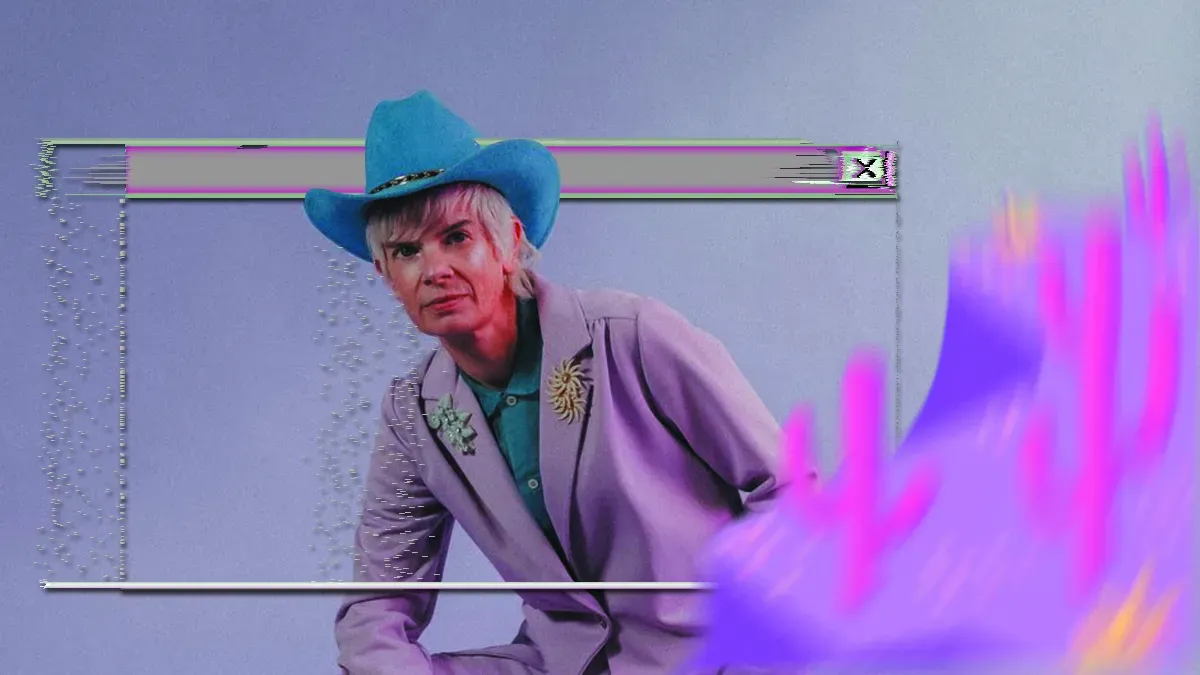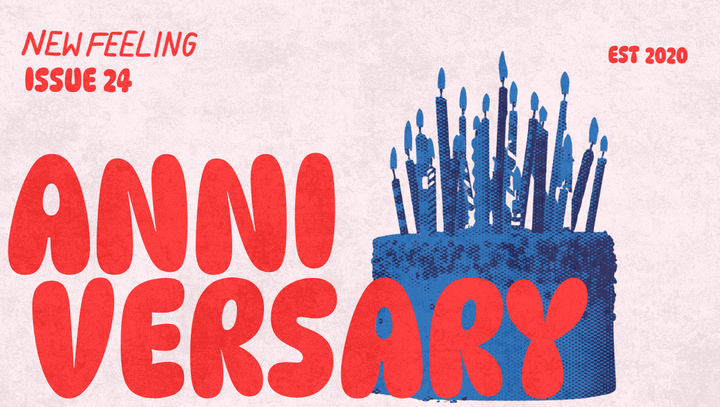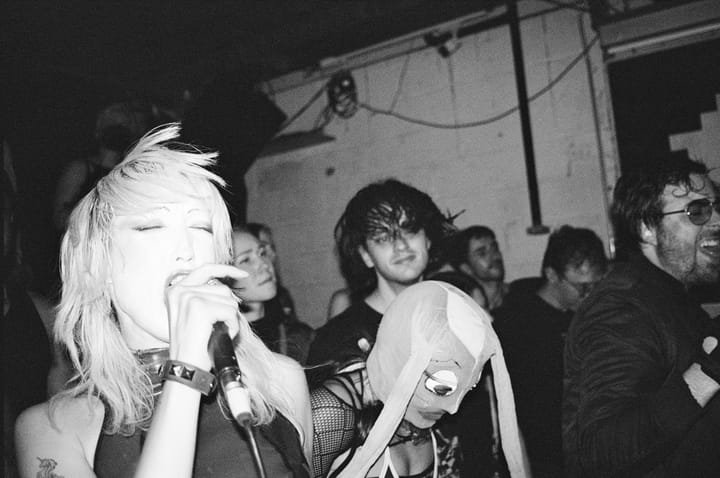ISSUE 23: NIGHTLIFE
The night is a site of struggle, where musicians and arts workers navigate economic precarity, geographic divides, legislative threats, and public health neglect.
What is nightlife?
The word’s inherent contradictions are rich in meaning. It implies a distinction from the working day yet operates as an extension and a foil for it. Nightlife stokes imaginations and offers reprieve from the tedium of the daytime grind, facilitating the extracurricular connections that make life feel like living. Under the imperial rule of techno-feudal capitalism, it is a liberatory escape hatch, but also a target of ideological capture.
It would be difficult to imagine a world beyond the one we know without nightlife’s carnivalesque interventions. Could that also make it the perfect stage upon which to begin imagining an alternative future?
When we commissioned the work that appears in this issue back in March, we couldn’t have anticipated some major recent developments that will for now have to be reserved for exploration in the space of this editorial.
Approaching the publication of this issue, advocacy groups and community members in Montreal have been lobbying the city over proposed bylaws for downtown boroughs Le Plateau-Mont-Royal and Ville Marie threatened steep fine increases for noise complaints, up to $20,000 from $1,500, with no protections for music venues or first-time offenders. The city accepted feedback on the proposed bylaw through the end of July 25 and it will be implemented in September.
Toronto dealt with similar threats to its autonomy in April, when event organizers successfully pressured the withdrawal of a motion to increase the city’s power to deny Special Occasion Permits (SOPs) — the temporary liquor licenses provincially administered by the Alcohol and Gaming Commission of Ontario — required to sell alcohol in unconventional spaces like warehouses, churches, and parks. Had the motion passed, it would have introduced an added component of uncertainty to organizing events in a city with dwindling permanent event spaces.
But activists, venue operators, and event organizers in that city and beyond are now navigating the sweeping provincial pressure of Bill 10, forwarded by Ontario Premier Doug Ford and passed into law on June 4. As the province attempts to police its way out of a drug crisis, the legislation holds landlords (absent as they may be) criminally liable for any illicit drug activity on their properties, threatening steep fines, jail sentences, or both. For concert attendees, musicians, event organizers, and venue operators, the added liability could easily translate to greater barriers: pronounced surveillance and security presence at events, a chill on new venue openings, less operators willing to work with new clients, and more prohibitive facility rental and production costs downloaded to ticket purchasers, to name a few.
Under increasing pressure from legislative forces and the hegemonic optimization of capital, it becomes clearer that nightlife provides a necessary platform for resistance and survival. In the space of this issue, we explore different paths of both. Aurora Sol writes about the state of grassroots music organizing in Winnipeg, Michael Rancic explores the enduring impact COVID-19 has on working class musicians and arts workers across the country, I write about Calgary-raised Rae Spoon’s prodigal return to country music, and Alexia Bréard Anderson sits down for a Q&A with Armenian artist and curator Shaunt Raffi about bringing cross-pollinating Tapestry Jams to Toronto’s Kensington Market.
We’ve also been thinking about our place in the community. We kicked off our five-year anniversary celebrations with co-presentations and panels at this year’s editions of Suoni Per Il Popolo and Lawnya Vawnya. Rosie Long Decter was on the ground in Montreal and St. John’s taking notes, returning with takeaways from Lawnya Vawnya we’ve packaged here as well.
Meanwhile, empire’s death machine continues on in broad daylight, which is why we proudly signed on to support and endorse the Palestinian Academic and Cultural Boycott of Israel (PACBI).
If nightlife offers an escape hatch, let’s crawl through together and begin shaping the world on the other side.
— Tom Beedham
Editorial: Daniel G. Wilson, Tabassum Siddiqui (public editor), Michael Rancic, Leslie Ken Chu, Sarah Chodos, Tom Beedham (features editor)
Community: Daniel G. Wilson, Michael Rancic, Rosie Long Decter (lead)
Care: Tabassum Siddiqui (Public Editor), Sarah Chodos (lead), Tom Beedham
Organization: Michael Rancic, Leslie Ken Chu, Tom Beedham
Budget: Michael Rancic, Leslie Ken Chu
Web: Laura Stanley (lead), Michael Rancic, Leslie Ken Chu










